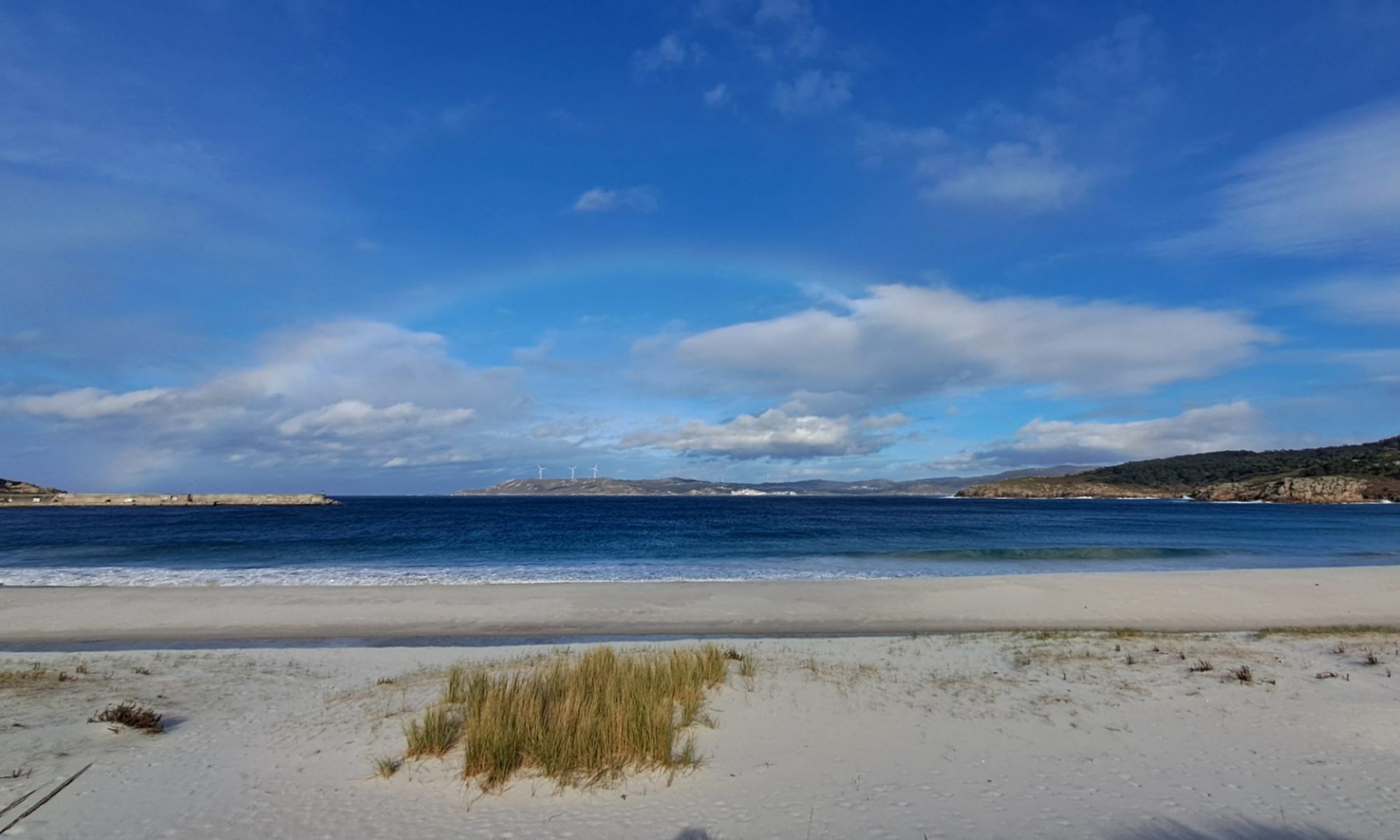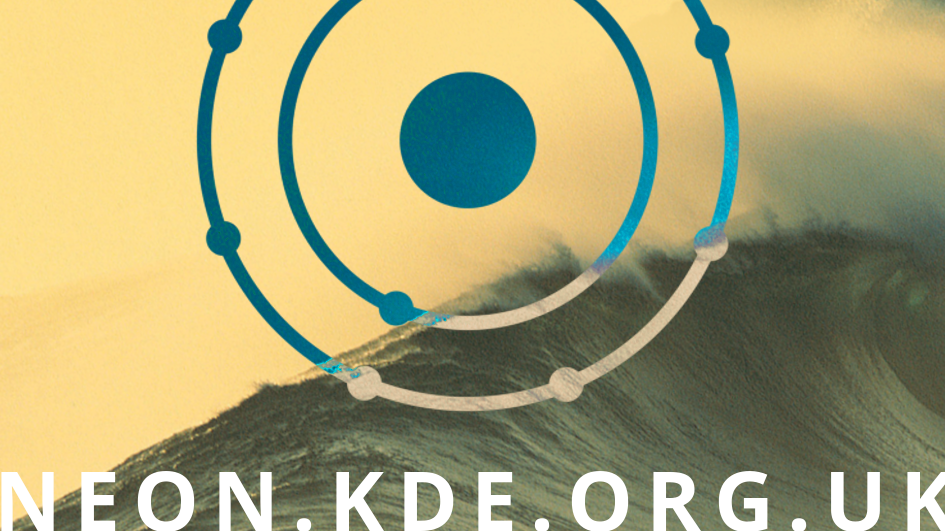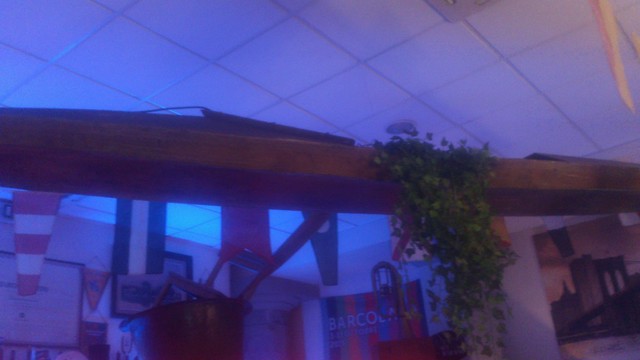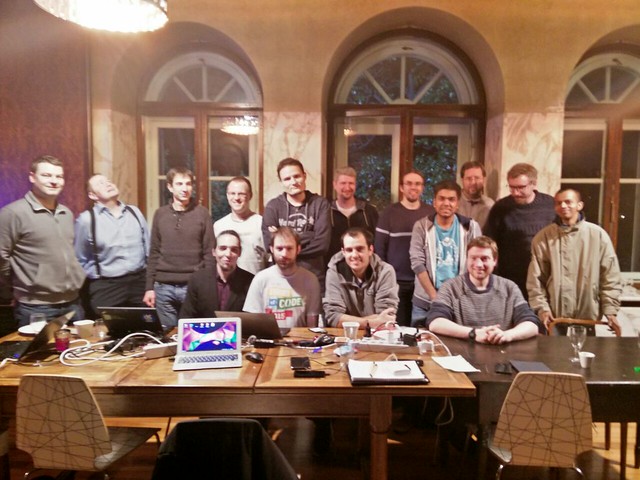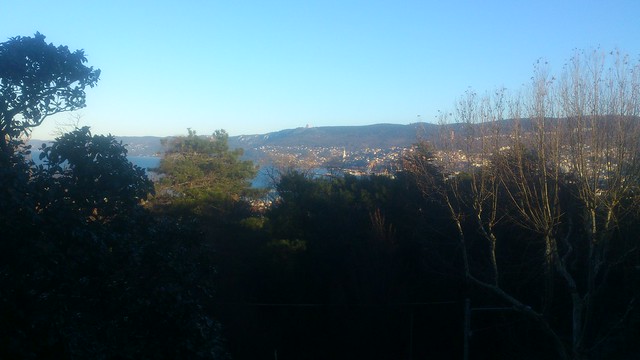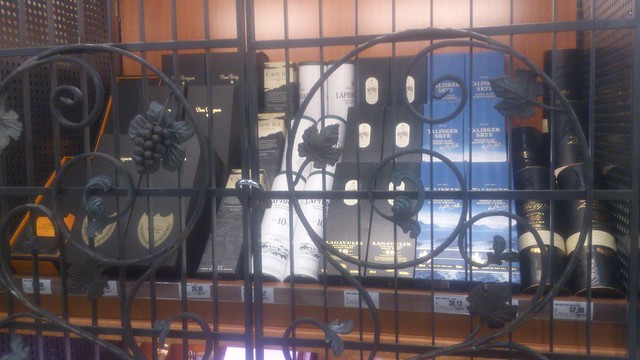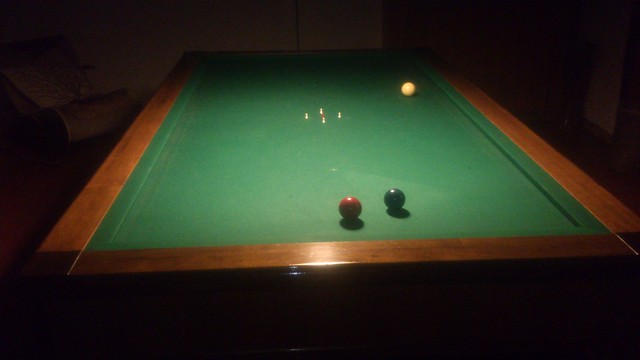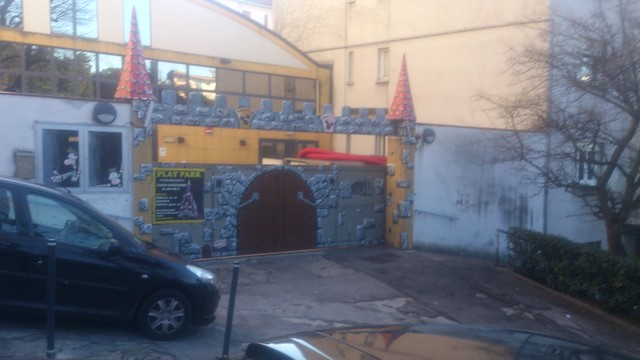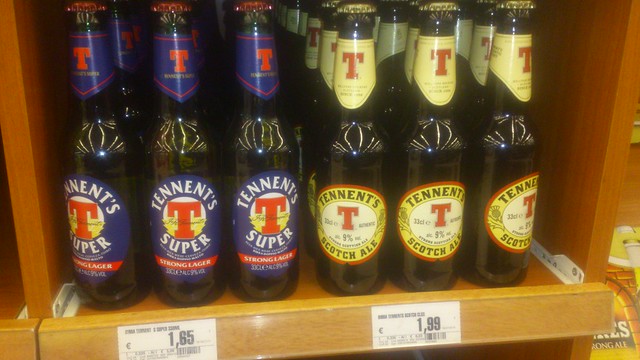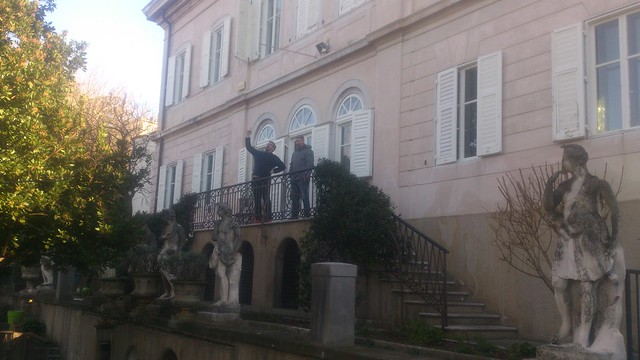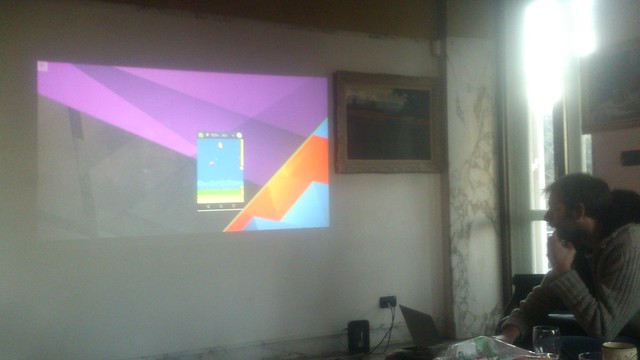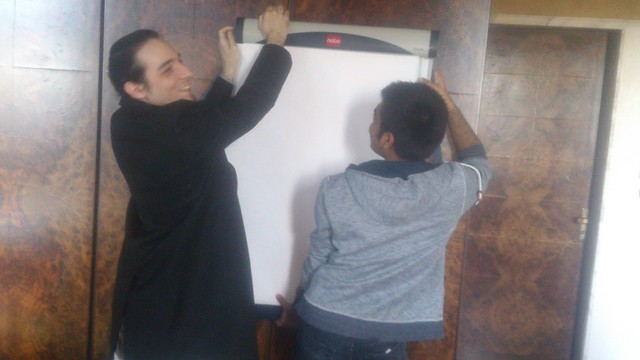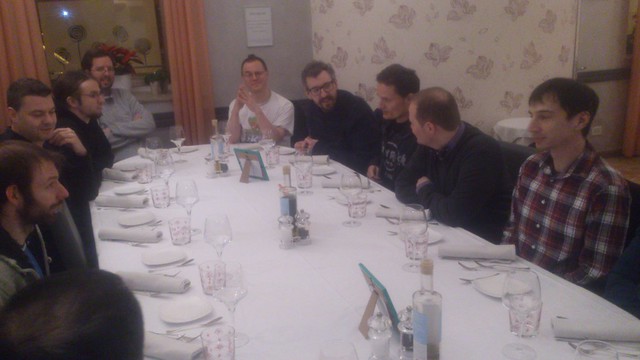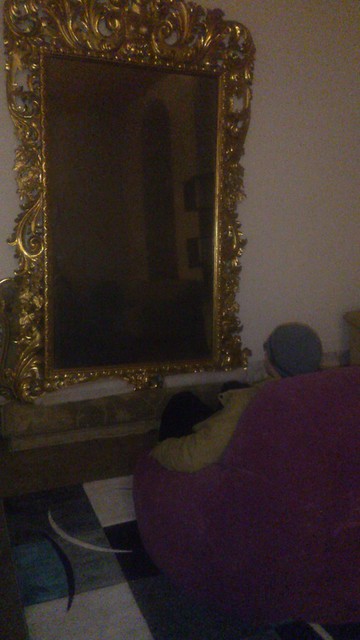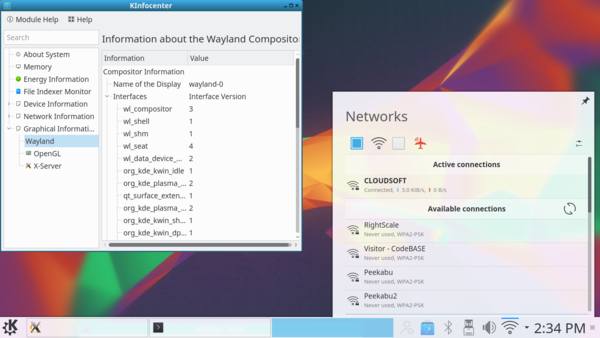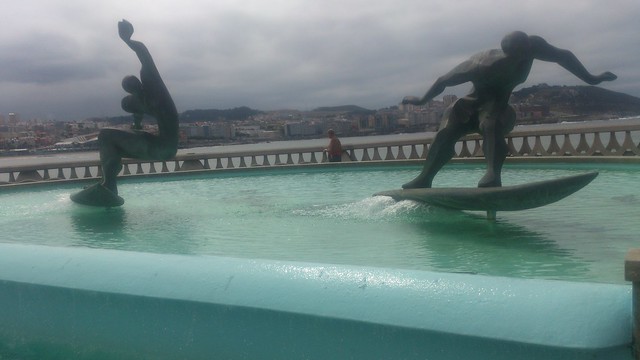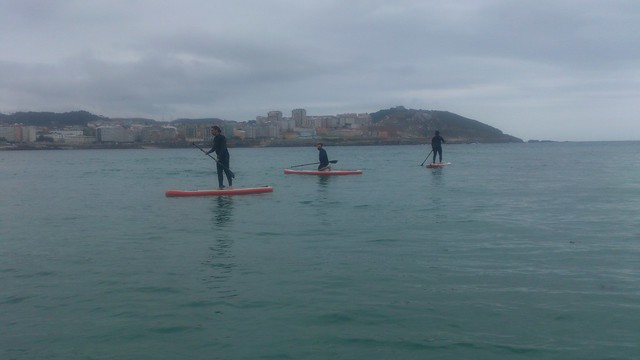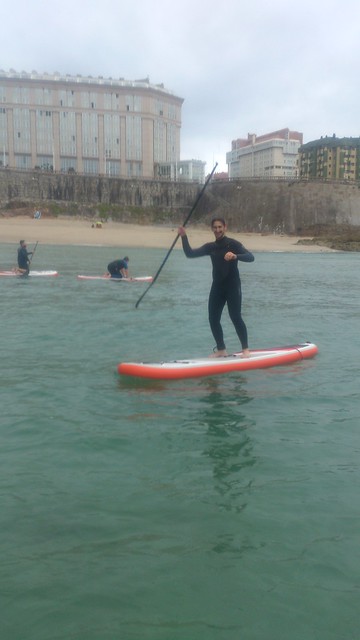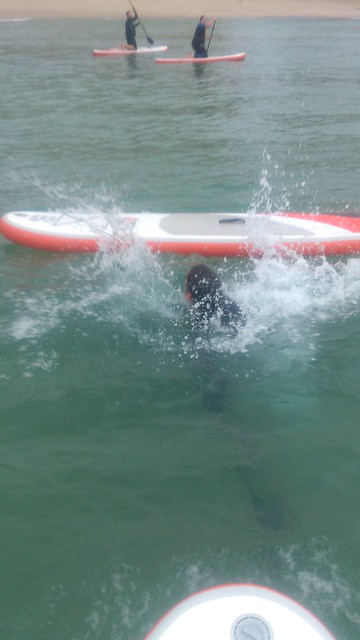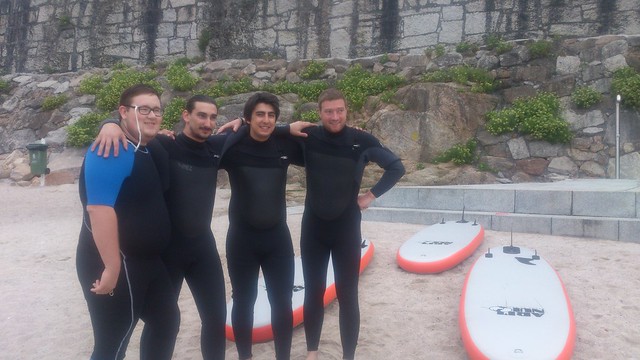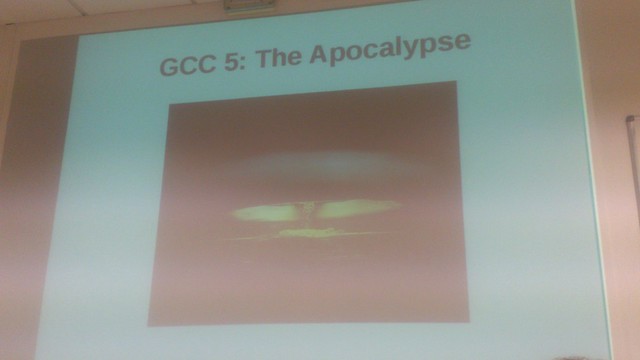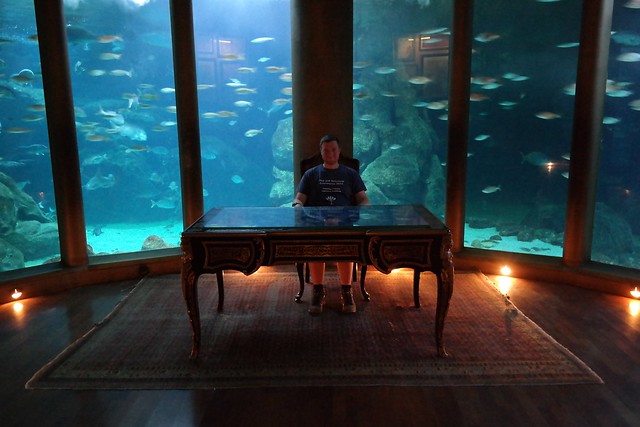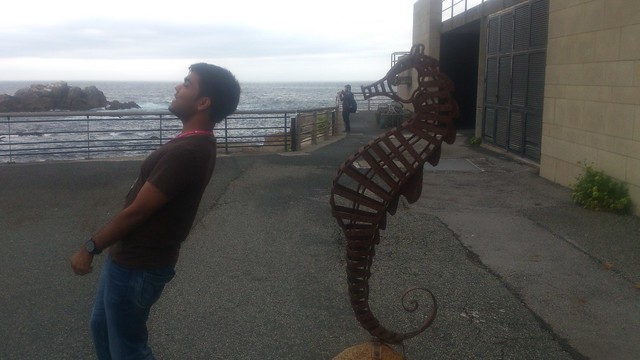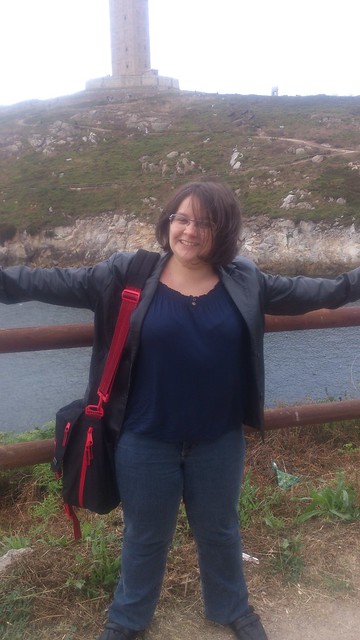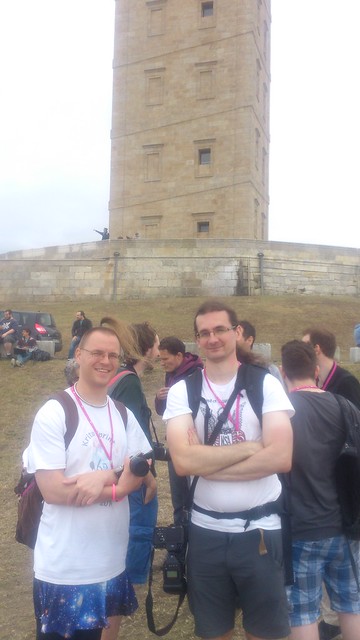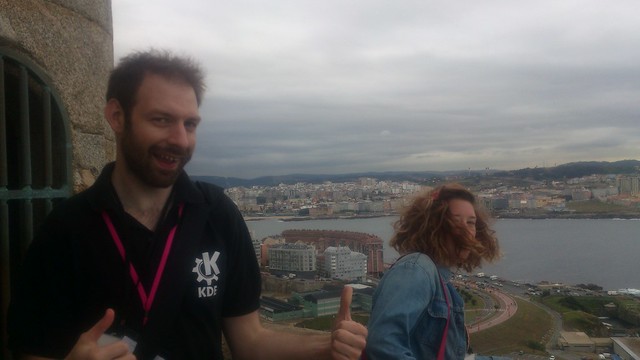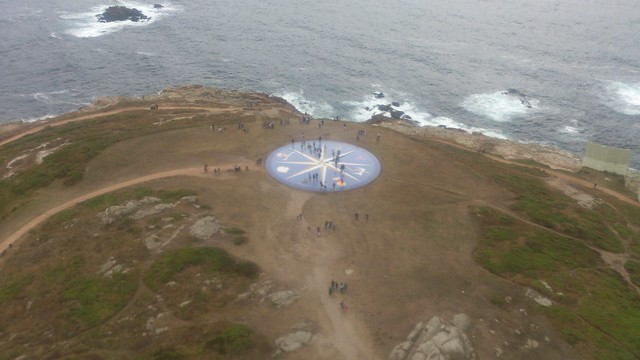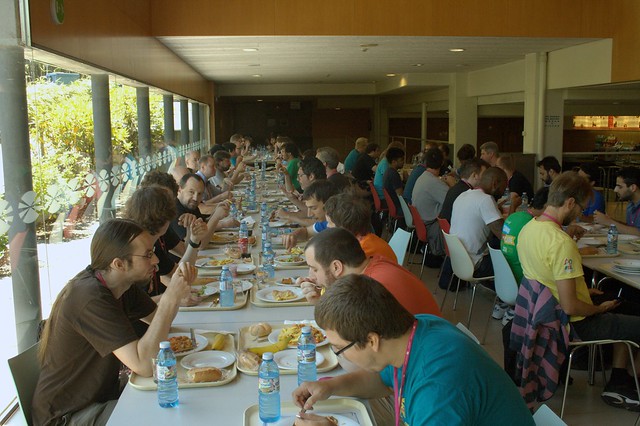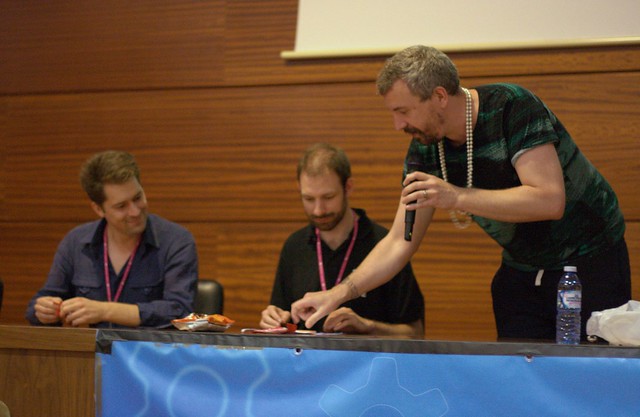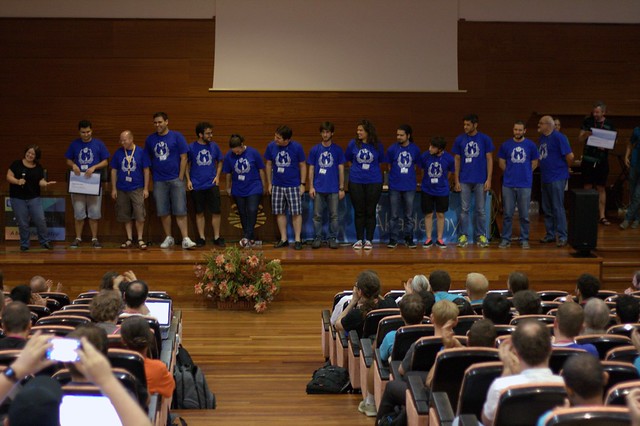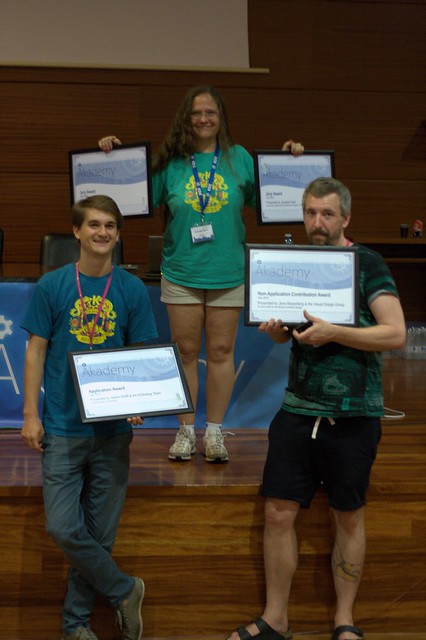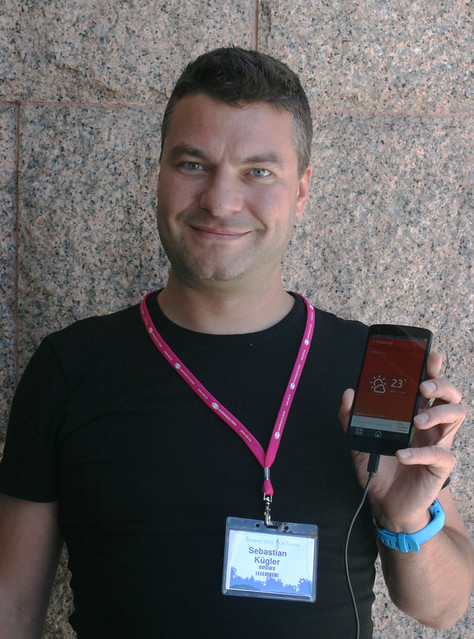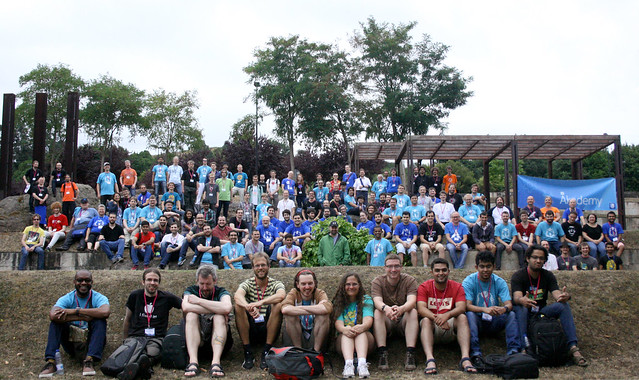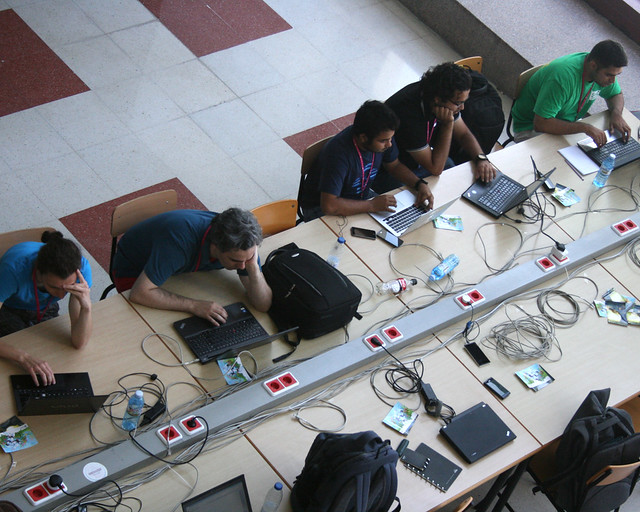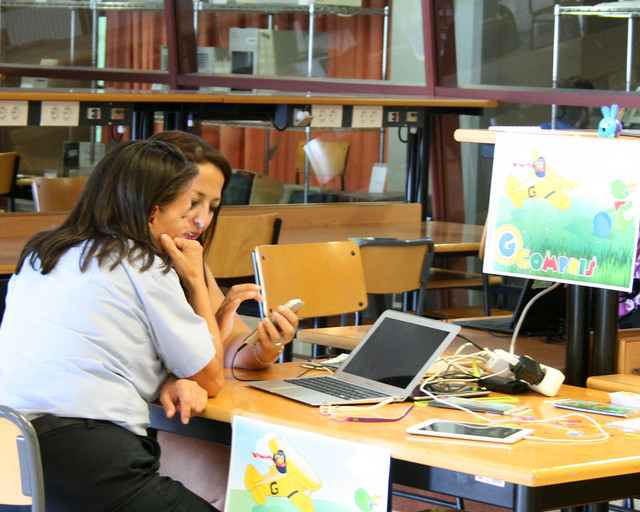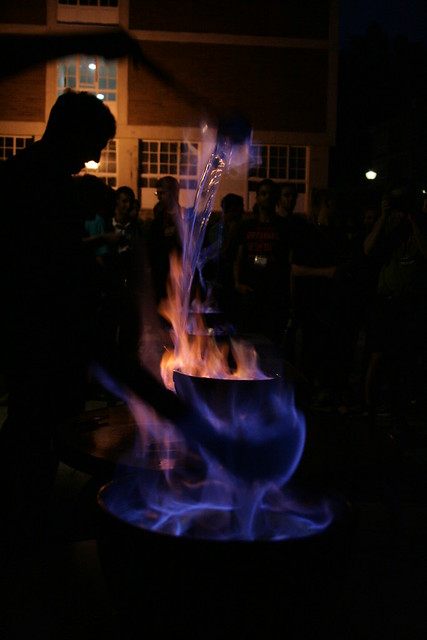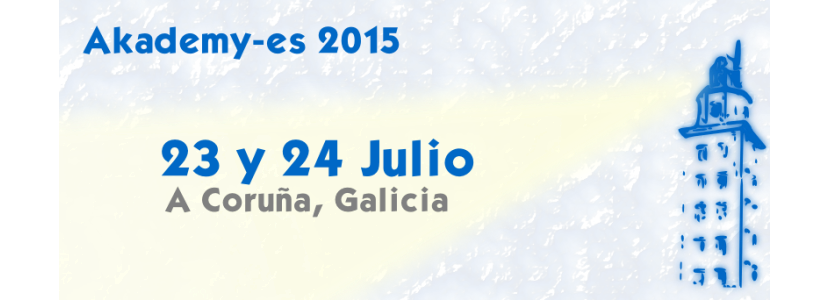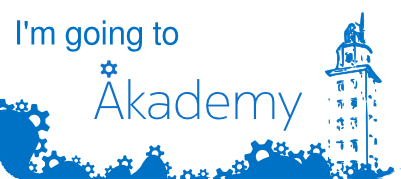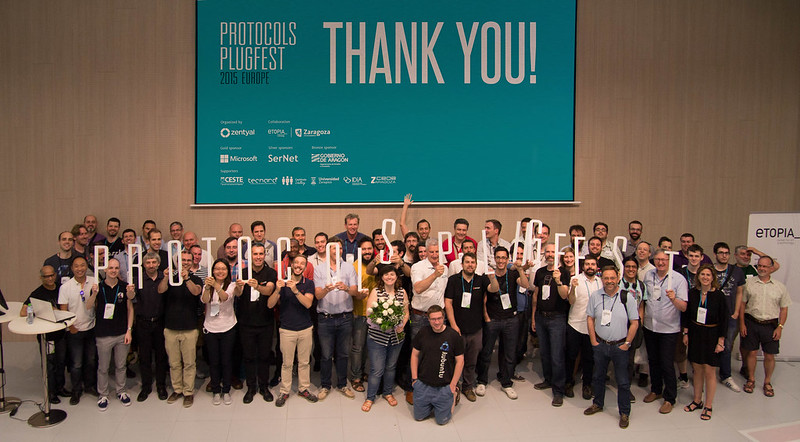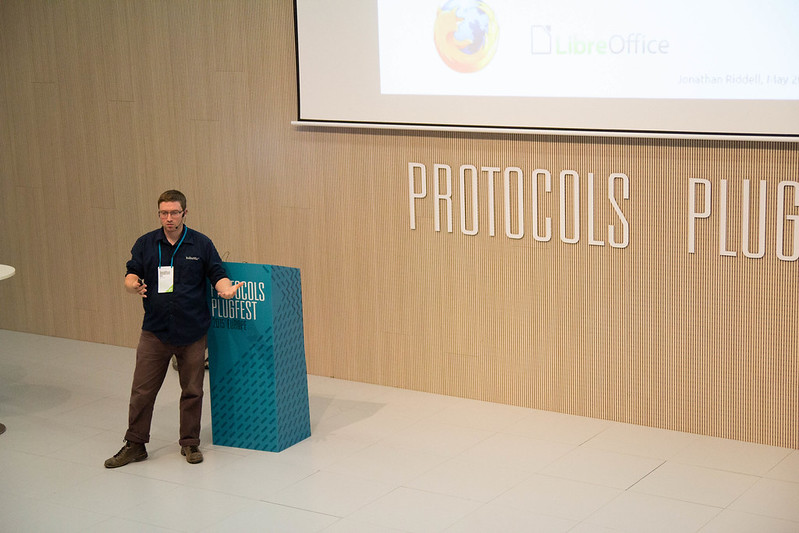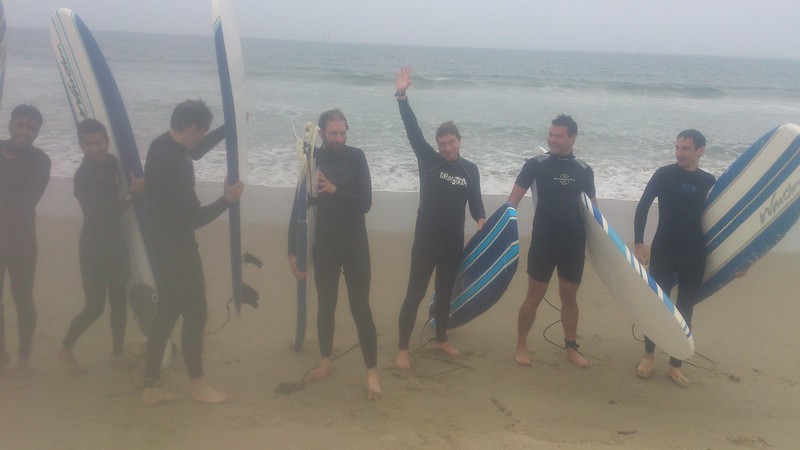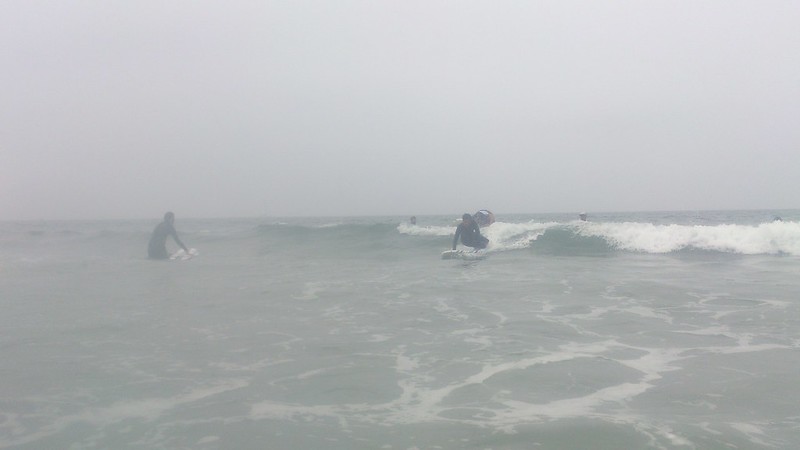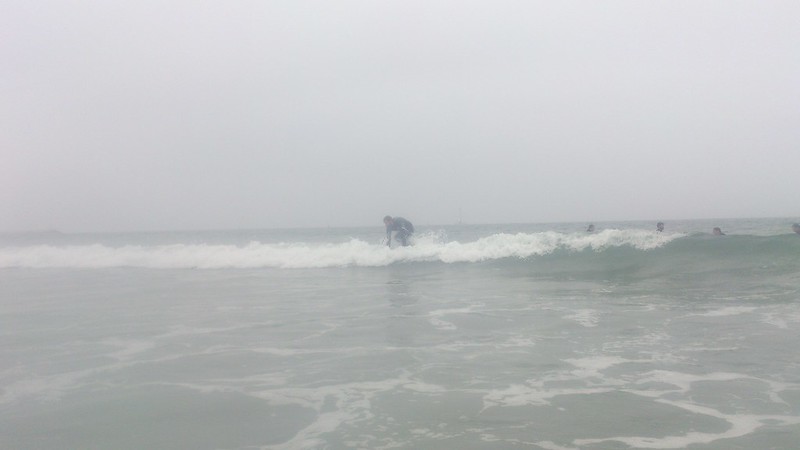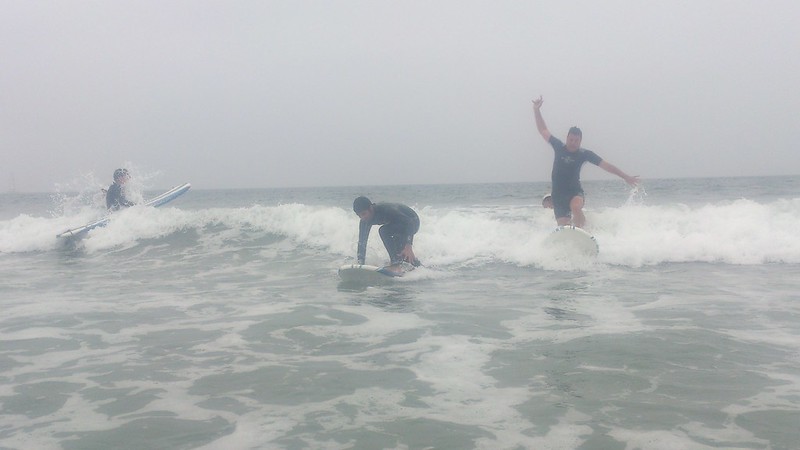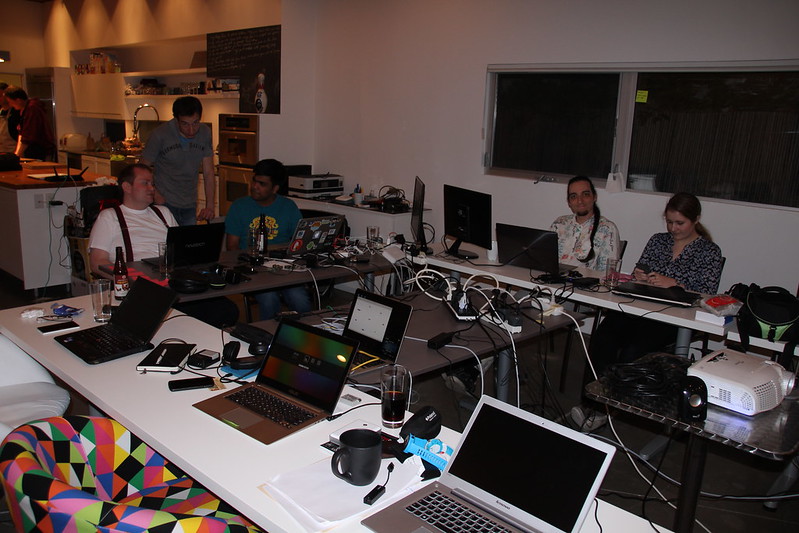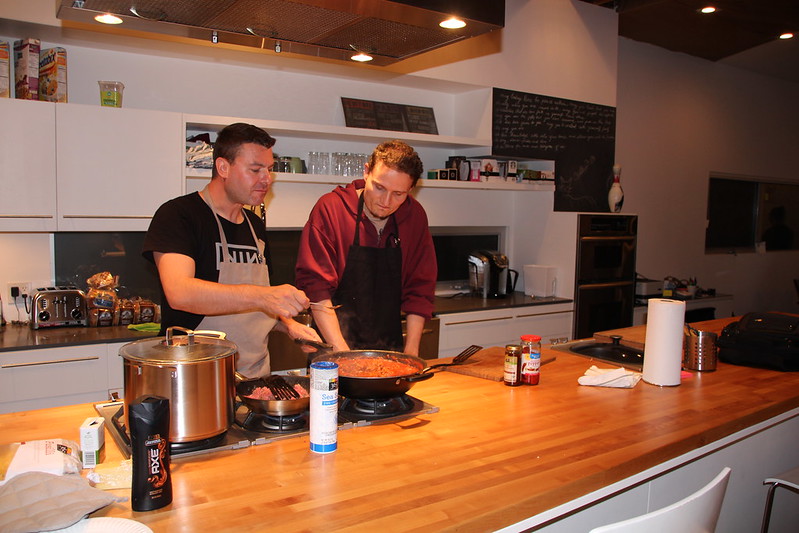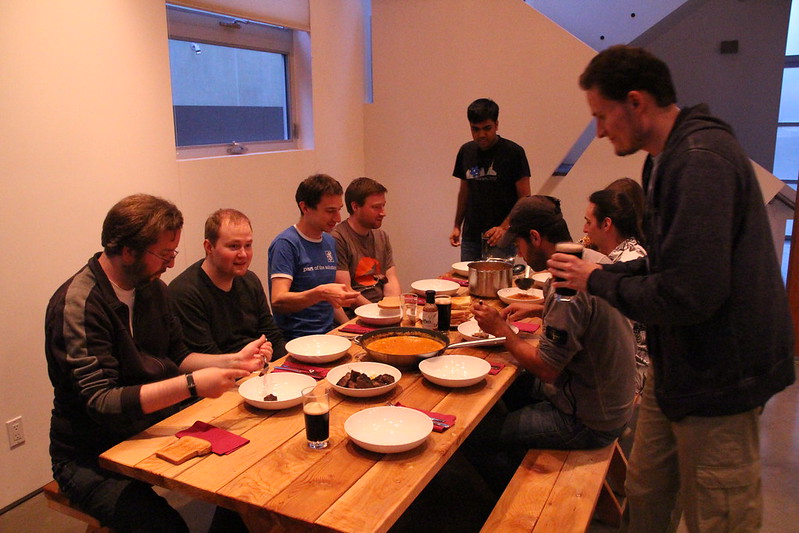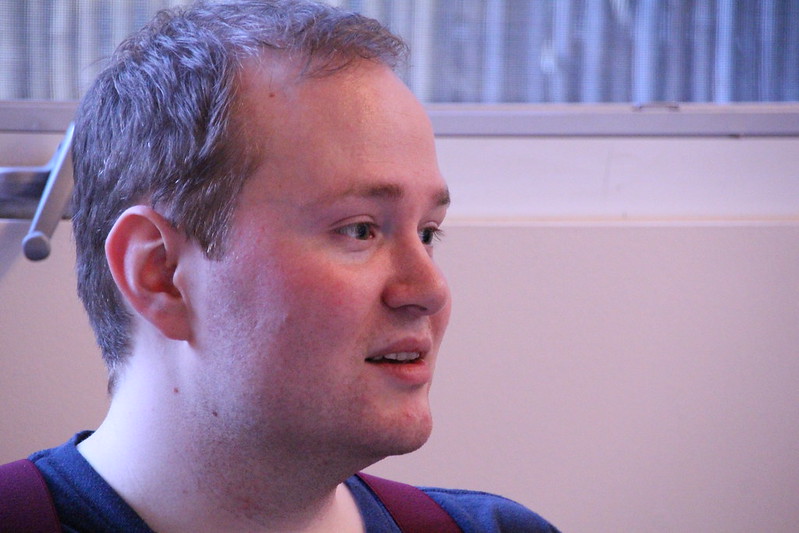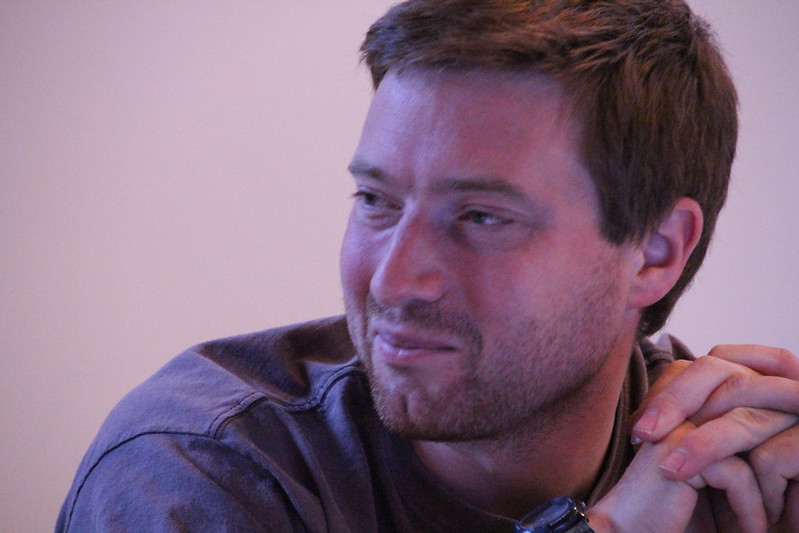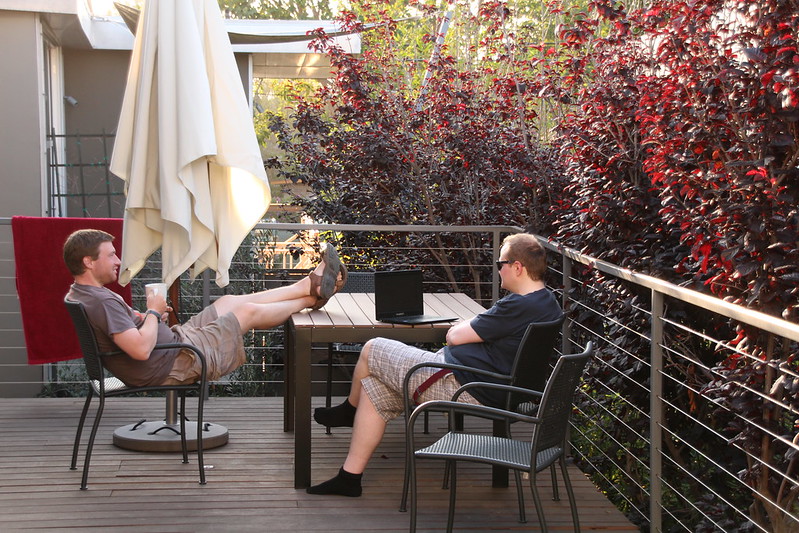I went on a coach’s polo support module training day kindly organised and subsidided by the SCA. It was delivered by Zoe who came up from Wales for the day to 10 people who were mostly experienced polo players but at least 1 was new to the discipline. The idea being to train up coaches in how to coach polo so coaches will go a teach other people. Here’s some notes about what happened for my own memory and anyone else who cares.
We started with introduction bingo, Zoe had written some features in a square such as “has paddled on the sea” or “has paddled internationally” and we introduced ourselves by finding people to put names to for each box.
We looked at warm ups on the land. 2 people standing back to back passing the paddle over the head and down to feet, then passing it round the side in a mock bow rudder movement. We stood in a line one infront of the other and passed the ball over head, through legs then both alternatively. We played paper, scissors & stone with warm up forfeits. Then the two lines faced each other and we passed the ball to the front of the other line then ran to the end of that line. We passed the ball between two people facing each other being mindful to throw with a loose wrist following the ball and catch by slowing the ball down during the catch.
Always warm up slowly especially when passing, it’s very tempting to throw the ball as far as possible which will over-exert the muscles.
On the water we did more passing concentrating on accuracy with finger pointing at end of throw and catching 1 handed taking the speed off the ball.
Tig, in an area, catcher with ball has to hit the opposition’s boat, can be defended with paddles and body, if the player gets hit then they join the catcher team.
Two lines facing each other of paddlers side-by-side then 1 person paddles down middle passing in zig zag to each boat.
Passing on the move paddling side-by-side to hands.
We used the static 2&2 formation with 1 goal keeper, 2 defenders in a ^ shape infront and 2 more infront of that. The attacks against this are “overload” where several players attack all from 1 side, “split” where 2 attackers try to get into the middle and move the defenders apart and “star” where each attacker goes to 1 defender to draw them out and they pass it round in a circle between them.
We did ball control, you can bring the ball towards you by putting the blade on the ball then pushing down on your paddle to roll the ball towards you and up the shaft. You can also pick up the ball with your paddle blade. We did the exercise of moving the ball around the boat, first without going over the deck and then with going over the deck.
We looked at shooting, blocking and tackling. Shooting we all faced the goal with 1 keeper and took turns to shoot. Follow through with hand, aim at a square in the net (not the keeper’s paddle). We tried to shoot in sequence each corner and the centre of the net. We did shooting when receiving the ball from the feeder who was sitting at the side. For blocking we did passes to the side of players who then blocked it with their paddle, as with catching try to slow the ball down so it drops by your side. We also did this with a piggy-in-the-middle style game passing around the middle player who would try to block. We didn’t have time to look at much tackling but there are various ways to keep the opposition off you.
We had a go at making our own training sessions and trying it out.
And we had some slides to show us the basics of the rules and the structure of polo.
There was a lot in this but also a lot missed out. I would have appreciated some training in how to do a flat-3 formation which we don’t often get to do on our narrow pitch on the canal.
A great day’s learning, I recommend it to anyone.
